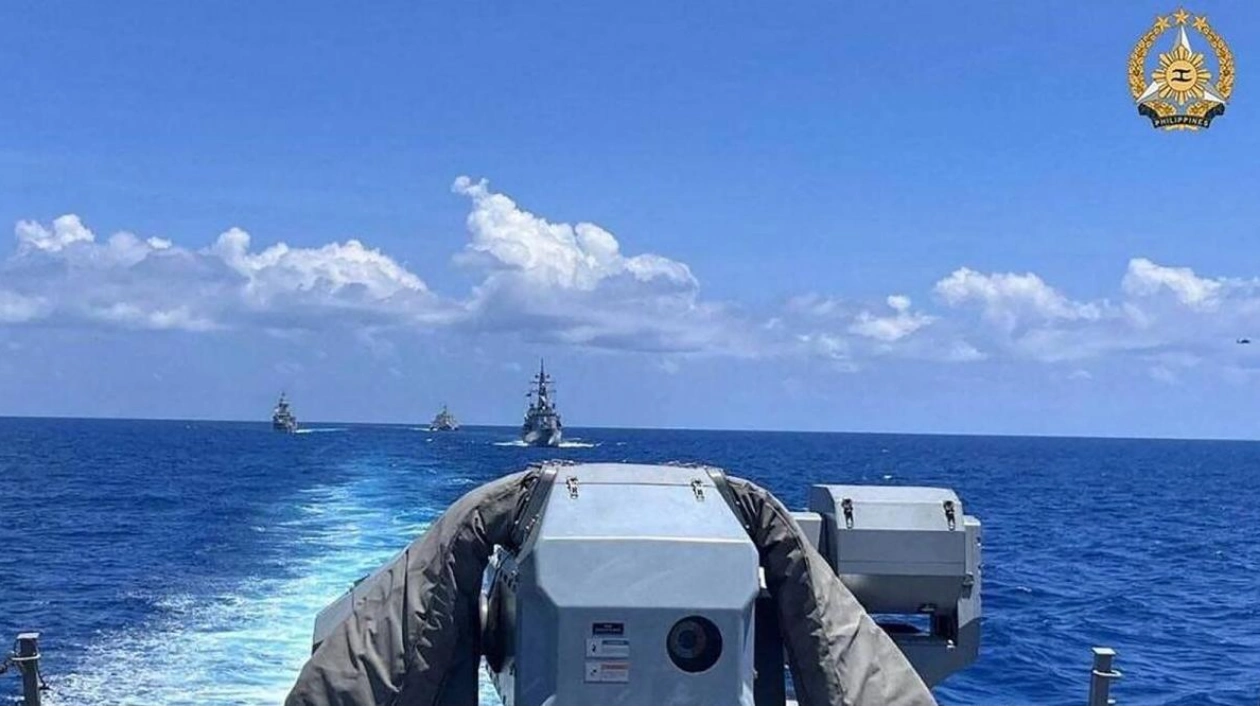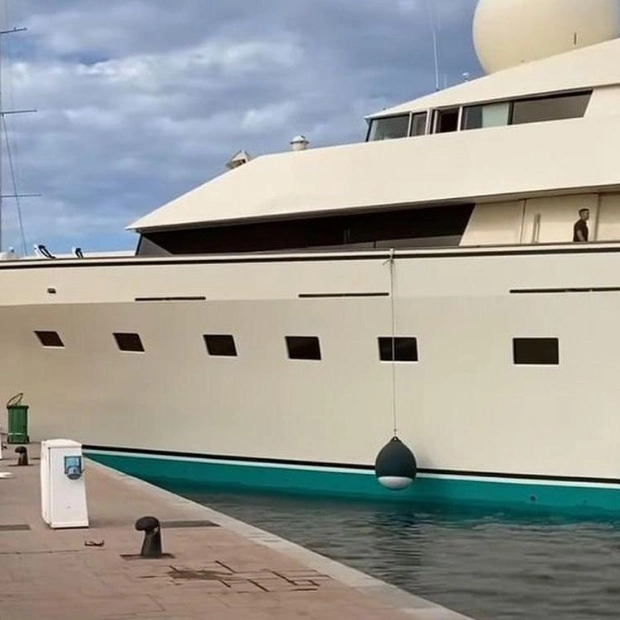The Philippines Air Force made its first overseas deployment in six decades on Wednesday, arriving in northern Australia for combat practice with US and Australian troops, amidst escalating tensions with China in the South China Sea. Four Philippine FA-50 fighter jets and approximately 162 personnel are participating in the Pitch Black war games, which are held over Australia's sparsely populated Northern Territory and involve 20 countries and 140 aircraft.
This marks the first time since 1963 that Philippine combat aircraft have been deployed abroad, making Australia's selection as the deployment site a significant honor, according to Royal Australian Air Force (RAAF) Air Commodore Pete Robinson. The Northern Territory offers extensive airspace, enhancing capabilities from dogfighting to radar and missile systems for engaging adversaries beyond visual range.
Philippine fighter jets will collaborate with other air forces to address complex challenges against simulated adversaries and ground threats. The exercise includes the US F-22 stealth fighter and Australia's F-35A and F-18 aircraft. Robinson emphasized that combining these forces would yield a formidable outcome, surpassing the sum of its parts.
China and the Philippines are currently engaged in a standoff over the disputed South China Sea, with tensions rising as Beijing asserts its claims over shoals within Manila's claimed exclusive economic zone. Despite having a mutual defense treaty with the US, the Philippines is focusing on strengthening its own air force and navy as the primary defense line, given the heightened external threat perception from China.
The Philippines is in the process of modernizing its military, which includes outdated hardware such as World War II-era warships and Vietnam War-era helicopters. Philippine Armed Forces Chief Romeo Brawner recently announced plans to acquire longer-range, multi-role fighters as part of the modernization program. Additionally, recent agreements with Australia and Japan to facilitate military visits and movements reflect the Philippines' efforts to enhance regional defense partnerships.
In April, Australia, Japan, the US, and the Philippines conducted a naval cooperation exercise in the South China Sea. Air Commodore Robinson highlighted the importance of building interoperability with regional partners to maximize the strengths of each air force, aiming to sustain peace and stability in the region. He concluded by stating the readiness to respond if the worst-case scenario occurs.






